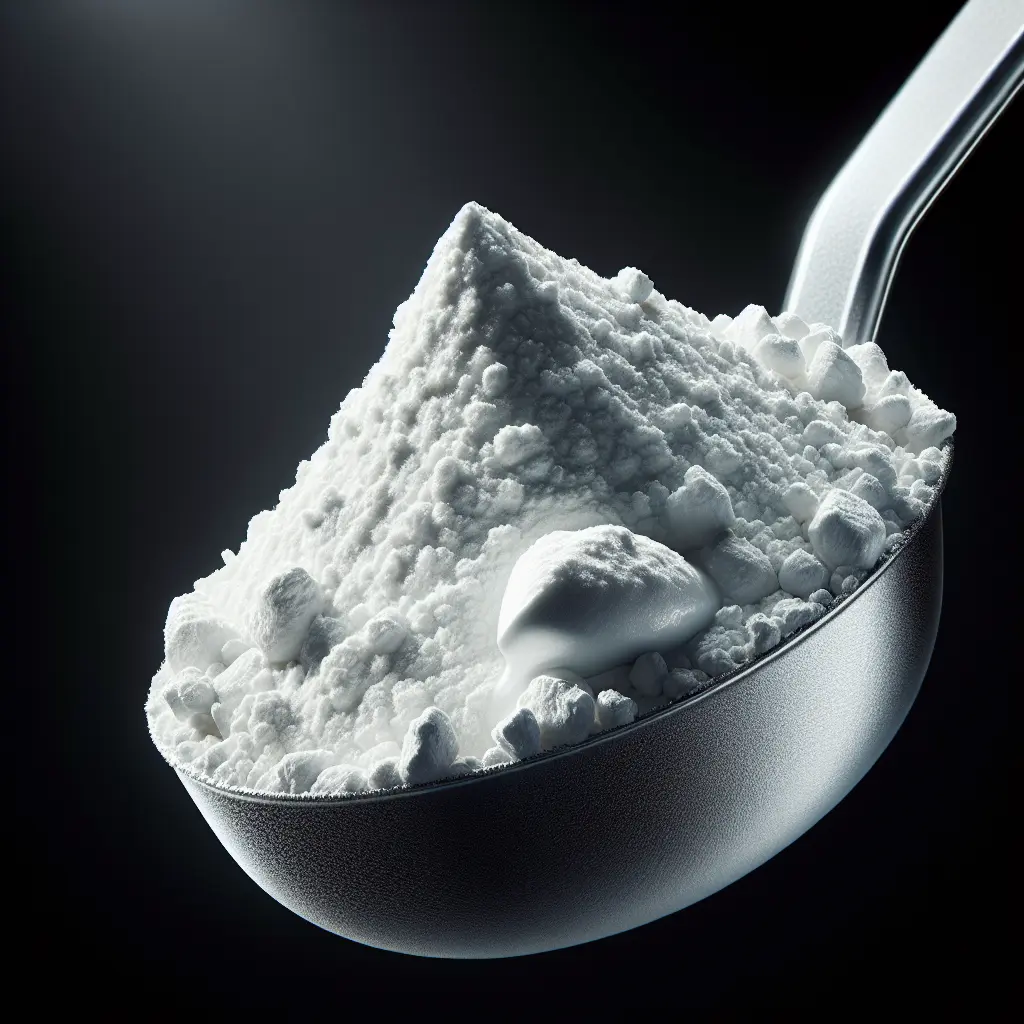What is Whey Protein?
Whey protein is a naturally occurring protein found in milk. It is a complete protein, meaning it contains all the essential amino acids that our bodies cannot produce on their own. Whey is derived from milk and is a byproduct of cheese production. When milk is curdled, the liquid that separates from the curds is called whey. This liquid is then dried and processed to create whey protein powder.
Nutritional Profile
Whey protein is a low-calorie, high-protein powder. One scoop (about 30 grams) of whey protein contains:
- Calories: 113
- Protein: 25 grams
- Fat: 0.5 grams
- Carbs: 2 grams
- Fiber: 1 gram
- Sugar: 0 grams
Whey protein is also a good source of vitamins and minerals, including calcium, potassium, and magnesium.
Benefits of Whey Protein
Whey protein has many benefits for health and fitness, including:
- Muscle growth and repair: Whey protein is a complete protein, meaning it contains all the essential amino acids that our bodies cannot produce on their own. These amino acids are essential for building and repairing muscle tissue.
- Improved strength and performance: Whey protein can help to improve strength and performance in both resistance training and endurance activities.
- Reduced muscle soreness: Whey protein can help to reduce muscle soreness after exercise.
- Weight loss and maintenance: Whey protein can help to promote weight loss and maintenance by increasing satiety and reducing appetite.
- Improved immune function: Whey protein contains several bioactive peptides that have immune-boosting effects.
How to Use Whey Protein
Whey protein can be added to a variety of foods and drinks, including smoothies, shakes, yogurt, oatmeal, and baked goods. It can also be taken on its own with water or milk.
The recommended dosage of whey protein is 1-2 scoops per day. However, it is important to talk to your doctor before starting any new supplement regimen.
Side Effects of Whey Protein
Whey protein is generally safe for most people. However, some people may experience side effects, such as:
- Gastrointestinal distress: Whey protein can cause gas, bloating, and diarrhea in some people.
- Allergies: Whey protein is a dairy product, so people who are allergic to milk may also be allergic to whey protein.
- Weight gain: Whey protein is a high-calorie food, so consuming too much may lead to weight gain.
Conclusion
Whey protein is a versatile and effective supplement that can provide many benefits for health and fitness. It is a complete protein that can help to build and repair muscle, improve strength and performance, and reduce muscle soreness. Whey protein can also help to promote weight loss and maintenance, and improve immune function.
How many calories are in Whey?
Each 1 scoop of Whey contains 113 calories.
Whey Nutritional Information
| Nutrient | Amount per 1 scoop (32g) |
|---|---|
| Calories | 113 Calories |
| Protein | 25g |
| Fat | 0.5g |
| Saturated Fat | 0.3g |
| Cholesterol | 0.0051mg |
| Carbohydrates | 2g |
| Dietary Fiber | 1g |
| Sugar | 0g |
| Sodium | 0.05mg |
| Potassium | 0.16mg |
| Calcium | 0.15mg |
| Iron | 0.0004mg |
